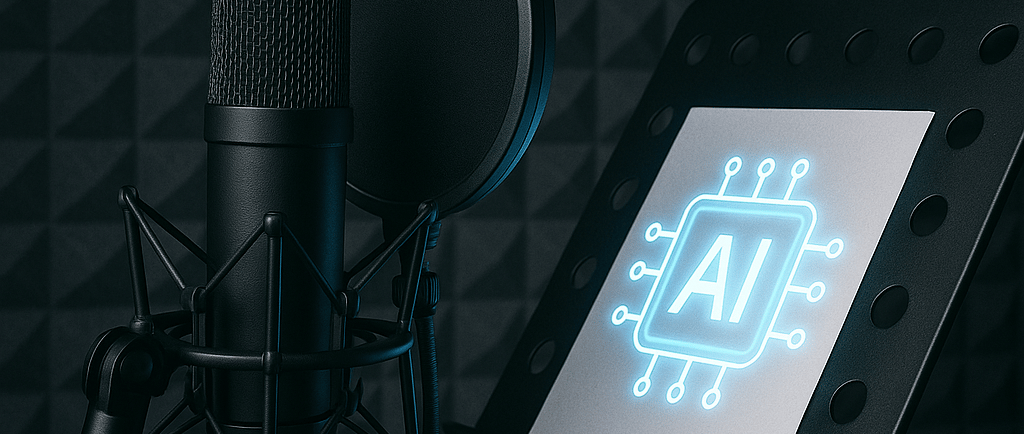The Future of Dubbing: Human Voices vs. AI Voice Technology
As artificial intelligence continues to evolve, synthetic voices are increasingly being used in audiovisual productions. But can AI truly replace the depth and authenticity of a human voice actor? This article explores the intersection of dubbing and artificial voice technology, weighing the pros, cons, and ethical implications.
Ricardo Kobarg
5/7/20251 min read


In recent years, the rise of artificial intelligence has brought major innovations to the world of voice technology. One of the most discussed developments is the use of AI-generated voices in dubbing for films, series, video games, and commercials. These synthetic voices are capable of mimicking tone, emotion, and even specific accents — and they’re getting more realistic by the day. But can they truly replace the art and nuance of a human voice actor?
AI voice tools offer undeniable advantages: they’re fast, cost-effective, and scalable. Producers can generate multilingual versions of content with minimal turnaround time, and some platforms allow for real-time voice synthesis with impressive clarity. For low-budget projects or internal corporate content, this can be an attractive solution.
However, dubbing is more than just reading lines. It’s about interpreting emotion, capturing cultural context, and connecting with an audience on a human level. These are areas where artificial voices still fall short. While AI can imitate certain emotional tones, it lacks the intuition, spontaneity, and lived experience that trained voice actors bring to the table.
There are also ethical considerations. Some AI platforms are trained on recordings of real human voices — often without proper compensation or consent. This raises questions about intellectual property, labor rights, and the future livelihood of professionals in the dubbing industry.
Rather than viewing AI as a threat, many industry experts believe in a collaborative future. Artificial voices can be used for drafts, accessibility tools, or in contexts where speed is more important than nuance. Meanwhile, professional voice actors remain essential for high-quality productions that demand emotional depth and storytelling.
In the end, the voice is not just a sound — it’s a human signature. And while AI continues to evolve, the power of authentic interpretation remains irreplaceable.
If you are looking for a real and authentic Brazilian voice actor, please contact me now!
